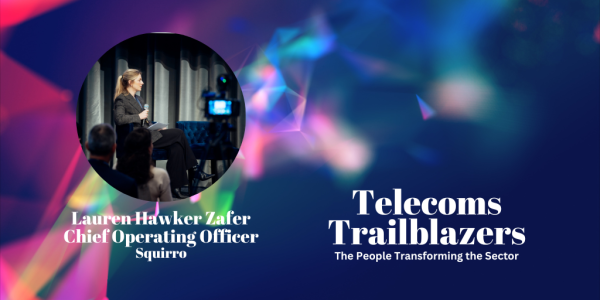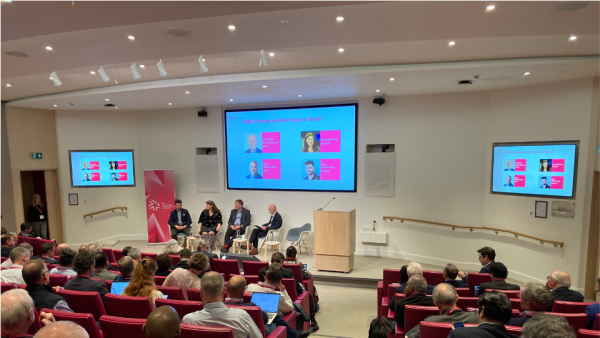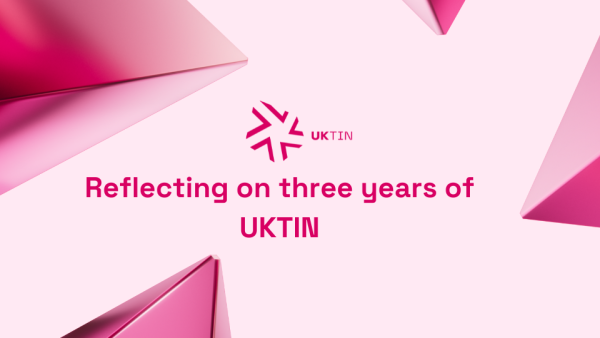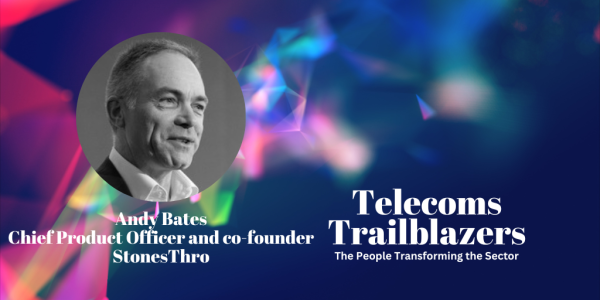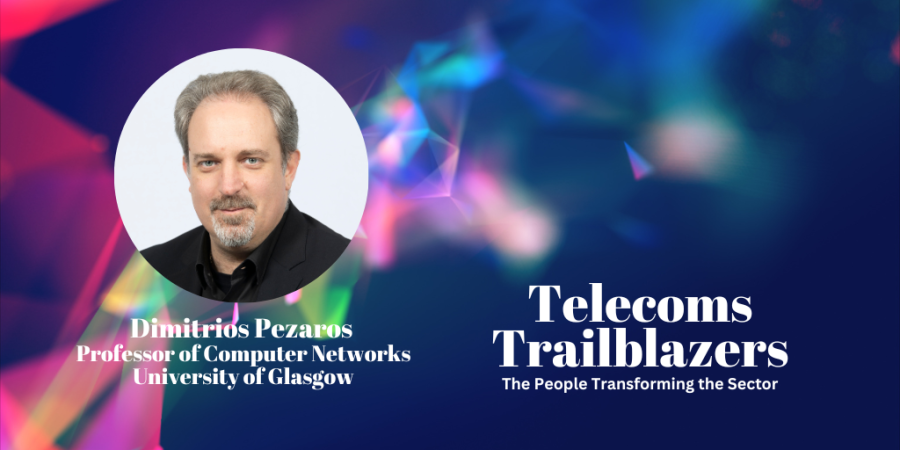
Hello, I’m Dimitrios Pezaros, a professor of Computer Networks at the University of Glasgow. I am also the Royal Academy of Engineering Research Chair in Digital Resilience for Critical National Infrastructure.
My research focuses on assuring the resilient and high-performance operation of diverse networked infrastructures in the face of threats and challenges that manifest through the digital. My team has been doing this for almost two decades, devising closed-loop measurement and control approaches to manage and provision networks and services. This ‘layer’ of internetworking and service management across diverse telecommunications infrastructures is essential to deliver high-performance and resilient services such as 6G, ultra-low latency video streaming, or real-time reinforcement learning-based mitigation of cyberattacks with no known signatures. Building on advances in physical connectivity and the increased convergence of communications and computing, future networks will have to support such services natively and ‘fight back’ to protect their operation against cyberattacks, anomalies and sources of performance degradation.
Our networked systems and cyber defence labs at Glasgow have recently been involved in several flagship research projects funded by industry, and national and European government agencies. We are working towards ensuring the resilience, cybersecurity and performance of diverse and resource-constrained networks and federated digital twins. Recent research has focused on devising advanced machine-learning techniques in the context of anomaly detection, diagnosis and in-situ digital forensics for industrial networks. Also, on offloading stateful functional composition (required for, among others, adaptive and high-performance processing at the Edge) to commodity Operating Systems’ network stacks.
As experimental researchers, we want to contribute to the growing collaboration between academia and industry through improving mutual understanding of each sector’s strengths and priorities. Often, industry is looking for solutions to immediate problems whereas academia is focused on devising methods and approaches to solve future challenges. Industry needs to appreciate the value of long-term curiosity-driven research and experimentation, while academia needs to also embrace mission-led research over shorter time horizons - which can still be very interesting and stimulating! Let’s work together – we can and should complement each other.
What do you enjoy most about working in this space?
Collaborating with motivated people from diverse backgrounds to solve new and interesting prolems. I also love brainstorming with fresh minds and recent graduates who are passionate abou their disciplines. There is an inherent tendency in academia to always strive for novelty. I am always challenged and never bored.
What’s the most ridiculous thing you’ve done in the name of work?
I try not to do crazy stuff at work, at least not as I get older, but I can get consumed by problems. I once woke up in the middle of the night thinking I had found a formulation to a problem I (thought, in my sleep) I had been thinking about for weeks. I got up, wrote a few equation scribbles and returned to bed feeling satisfied. In the morning, the equations seemed correct, which was a relief. But there was one issue: I couldn’t tell the problem they were formulating! The solution seemed elegant though…
What excites you most about working in telecoms?
The cross-disciplinary nature of the problems we are solving. In our research, we use programming, maths, machine learning, computer architecture and organisation, and hardware design. Other disciplines have a lot to learn from solutions devised for telecom networks. For example, Internet protocols have offered practical solutions to many distributed systems problems.
What would you like people to know about your work?
I would like people to appreciate the complexity and seriousness of digital networked systems. While they can be more subtle than other parts of civil infrastructure such as bridges, I would argue that when you bring software into the equation, things can become very complex and unpredictable – and for me, more interesting!
Why is a vibrant, flourishing telecoms ecosystem important for the UK?
People sometimes view the Internet as a solved challenge. But the reality is that many systems and networks connected to the Internet only just work and are becoming increasingly vulnerable to exploitation due to the ever-increasing ‘sudden’ connectivity. The UK government recently acknowledged the importance of telecoms and made significant investments in the sector, which is a step in the right direction. Telecoms comprise one of the core civil infrastructures, constructed over generations. It will never be replaced but rather be continuously refurbished – and we must uphold it. Many sectors depend on telecoms including transport, water and energy. Take away telecoms and you deprive people of fundamental provisions. Telecom infrastructure is crucial – paramount, even. The modern economy relies on a robust, resilient and performant telecoms ecosystem.


